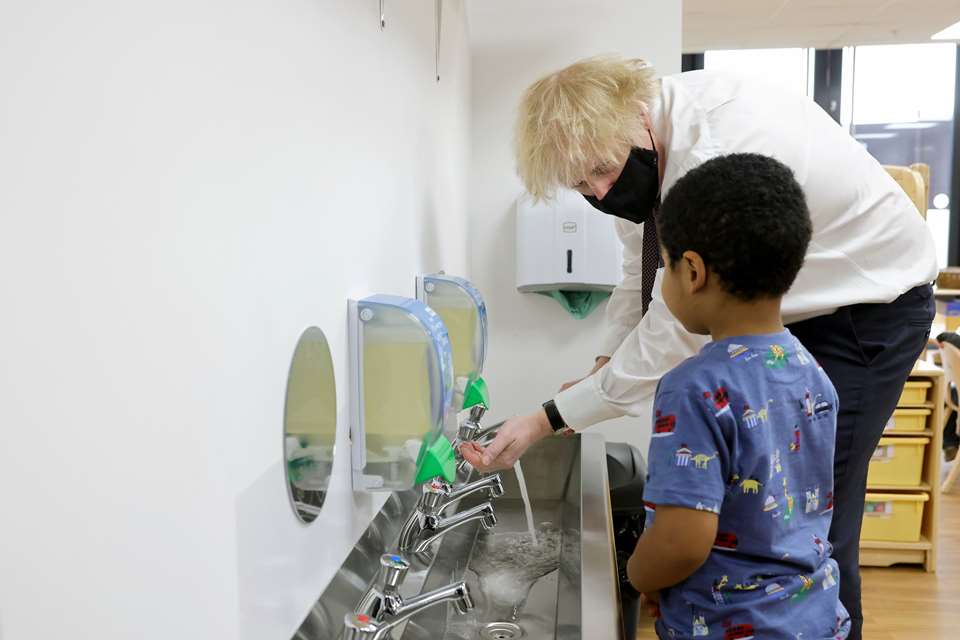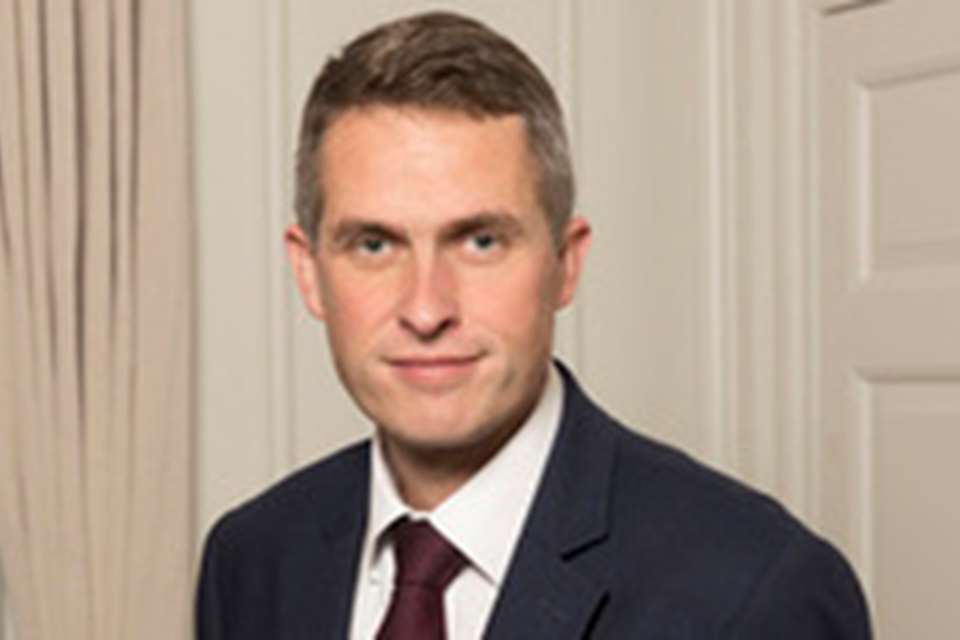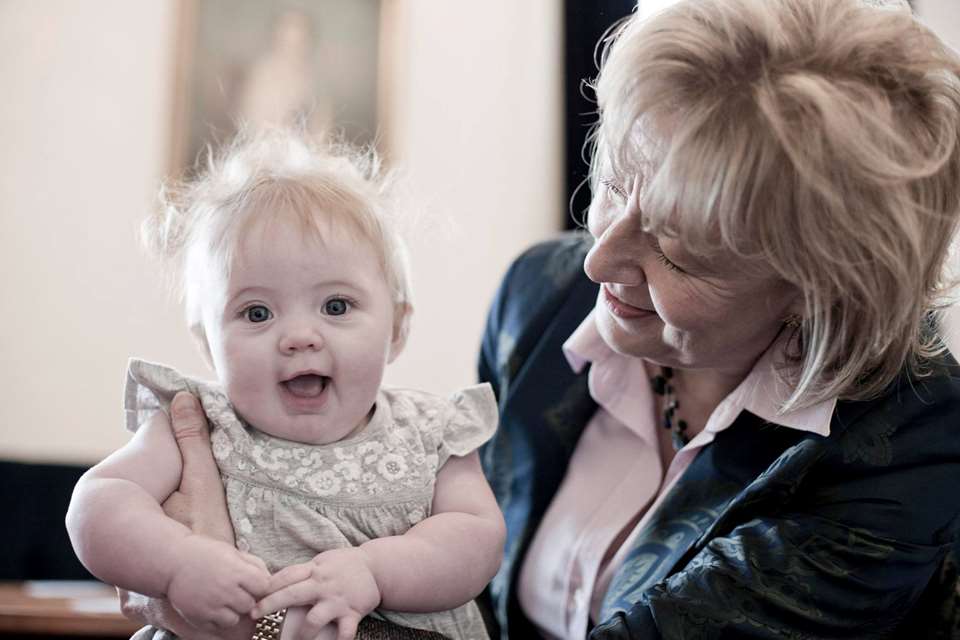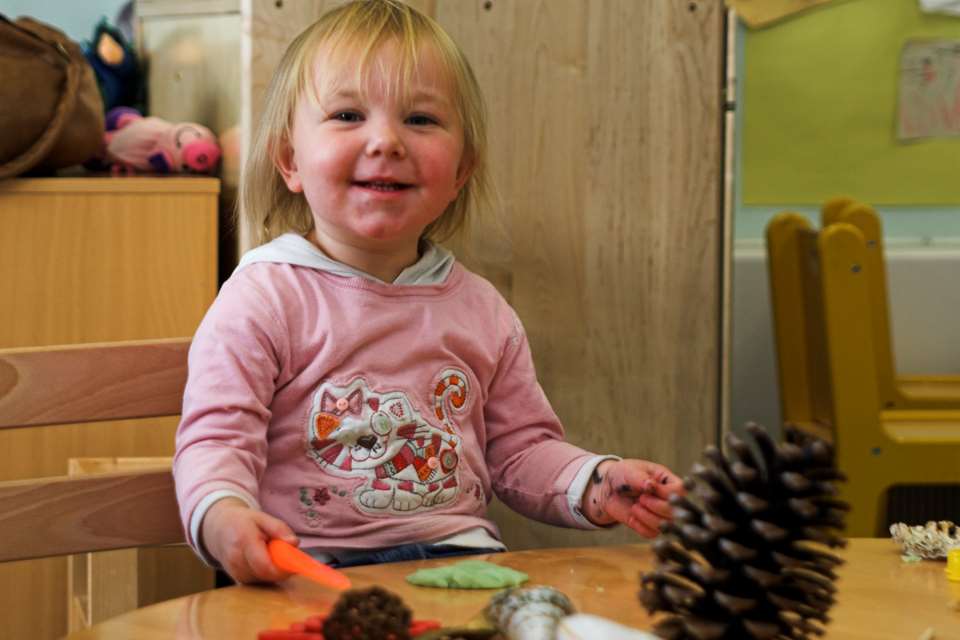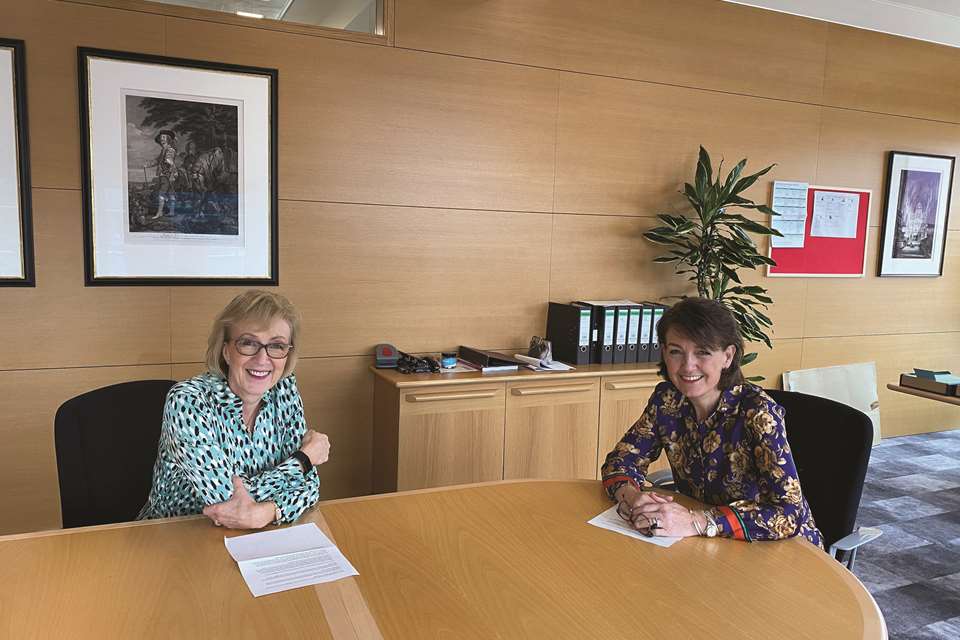Spending Review 2021: £500m earmarked for children and families
Catherine Gaunt
Monday, October 25, 2021
Ahead of this week’s budget and spending review, the chancellor has announced £500m for families and early years support - however there is no sign of any increase in funding for the 15 and 30 hour entitlements.
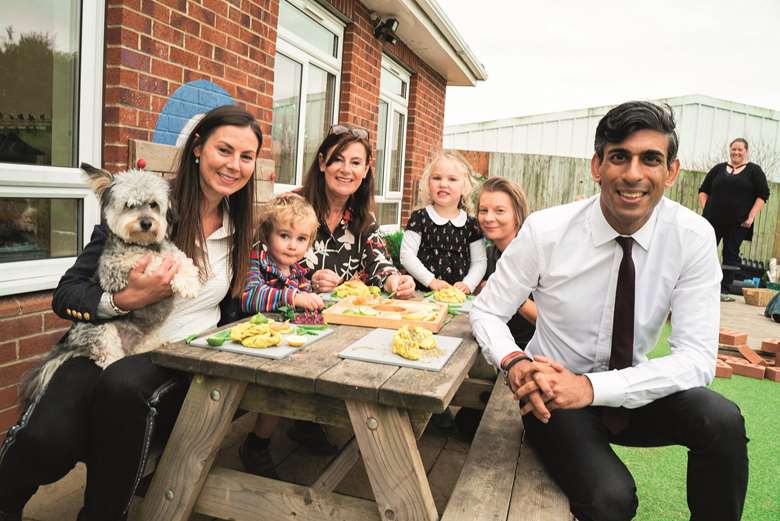
The funding will include more than £80 million for Family Hubs, where families can go to access the services they need in one place, implementing recommendations from MP Andrea Leadsom's Early Years Healthy Development Review, which highlights the first 1001 days of a child’s life as crucial for children’s health and wellbeing and called for families to have access to services.
Breastfeeding advice and parent-infant mental health services will also see an annual funding boost and more money will go towards programmes which support parents to build positive relationships with their children, the Treasury said.
The funding for Family Hubs will be given to 75 'upper-tier' local authorities, with further detail on the implementation of this funding set out in due course, according to the Treasury.
There will also be £100m to support the mental health of new and expectant parents and £120m towards other comprehensive family support programmes.
Making the announcement, the Chancellor Rishi Sunak said, ‘I passionately believe that we have a duty to give young families and their children the best possible start in life.
‘We know that the first thousand and one days of a child’s life are some of the most important in their development – which is why I’m thrilled that this investment will guarantee that thousands of families across England are given support to lead healthy and happy lives.’
The Treasury said that 300,00 of the most vulnerable families in society will be supported with an extra £200m boost to the Government’s flagship Supporting Families Programme which supports families through complex issues that could lead to family breakdown.
The department also referenced the June announcement of separate funding of £153m for training for early years staff, which is part of the £1.4 billion Education Recovery Package.
The £500m breaks down as follows:
Family hubs: £82m to create a new network of Family Hubs in 75 Local Authorities across England, a one-stop-shop where families can go to access the service they need in one place -such as the Government’s ‘Start for Life’ offer, parenting programmes, breastfeeding advice and mental health support.
Parenting programmes: £50 million for parenting programmes to help parents and carers build positive relationships with their children – with evidence from the British Medical Association emphasising the importance of supporting and coaching parents to strengthen family bonds.
Start for Life offer: £10m for 'communicating clear information' about the 'Start for Life' offer which details trusted NHS help and advice during pregnancy, birth and parenthood.
Breastfeeding support: £50m towards specialist breastfeeding support services, including antenatal breastfeeding classes and one-to-one specialist support. This builds on best practice in areas such as Tower Hamlets which now has the highest breastfeeding rates at 6-8 weeks in England.
Infant and perinatal mental health: £100m for bespoke mental health support for new and expectant parents, with funding going towards staff training and interventions to strengthen and nurture the relationship between parent and child which is critical to improving health outcomes for babies and the mental health of parents.
Workforce pilots (in a small number of LAs): £10m to free up the capacity of health visitors for local authorities to trial and test new and innovative recruitment models to train up more staff with specialisms in mental health and breastfeeding support to ensure families are given the high-quality support they need.
Supporting Families programme: £200m towards expansion over the next three years.
Early years entitlement funding?
Crucially for early years settings any mention of an increase in funding for the 15 and 30-hour early years entitlements was missing from the Chancellor's announcement.
Commenting, Neil Leitch, chief executive of the Early Years Alliance, said, ‘The Chancellor is absolutely right to say that families with young children need of more support, but to invest in these new initiatives while leaving the existing early years infrastructure to crumble is, frankly, negligent.
‘Current funding for the Government’s flagship 15-hour and 30-hour entitlement policies is totally inadequate, causing prices to rise for parents while many providers close their doors.
‘If that remains the case after next week’s Spending Review, parents will rightly question whether this government is truly committed to supporting families with young children.
‘Early childhood is critical in shaping children’s life chances, but that critical period does not end after 1,001 days. That’s why we have called on Government to conduct a wholesale review of early years funding and support, to ensure every child gets the best possible start in life, including access to the quality early education and care that can make such a difference to families.’
Interviewed on LBC on Saturday, Mr Leitch said the sector was ‘grossly underfunded and on its knees.’
He said the announcement ‘feels a bit like a PR exercise when everything crumbles around you, and slightly superficial, dare I say.’
Purnima Tanuku, chief executive of the National Day Nurseries Association (NDNA), said, ‘The Government must stop putting sticking plasters on a childcare system that is not fit for purpose. We all know how crucial children’s early years are for their development, learning and life chances, but failing to fund early education and childcare properly is putting this at risk.
‘Investment in family hubs is welcome news, particularly for those families who have really struggled through the pandemic. However, in this announcement, there is no mention of increased investment for early years places despite rising costs and the challenges the sector has faced in supporting children and families.
‘The Government must address the chronic underfunding which is leading to many closures of early years settings. The Chancellor needs to do his sums to ensure funding keeps pace with inflation and rising wage bills in this week’s Budget. Parents up and down the country are struggling to find the childcare they need while providers are facing closures and a workforce crisis.
‘We need to see an immediate uplift in the rates paid to help nurseries and families now. This must be backed up with a comprehensive review of early years policy that ensures all children can access the high-quality early education and care that all children deserve.’
Anna Feuchtwang, chief executive of the National Children’s Bureau, said, the Treasury’s announcement ‘provides a glimmer of hope’.
‘Last week, the children's sector provided a blueprint for the government to Build Back Childhood. We called for a major increase for the Supporting Families programme, investment in family hubs, and funding for the government’s vision for the best start for life. The Treasury has listened and we applaud them for this. This new investment will undoubtably make a difference to many families. ‘
However, she added that investment was ‘still urgently needed in health visiting, childcare and early education, children’s social care, and support for disabled children.
‘Funding educational catch-up programmes without a wider investment in building back childhood will not deliver value for money or deliver the recovery in outcomes the Government seeks. Many children have faced great adversity during the pandemic, including increases in domestic violence, bereavement, and social isolation. Meeting these needs earlier, by expanding access to mental health support teams and early support hubs, provides a ready-made approach.’
NCB also called on the Chancellor to bring back the £20 a week for Universal Credit.
‘Poverty is the enemy of opportunity. Children growing up in deprivation are already far behind their wealthier peers before they start school and even further behind when they leave. As well as the human cost, this inequality costs the Treasury billions in additional spending on public services. The Chancellor must respond to rising insecurity, debt, homelessness and hunger by re-instating the £20 increase to Universal Credit.’
What are Family Hubs?
Andrea Leadsom’s recommendations from the Early Years Healthy Development Review include a new ‘Start for Life’ package for prospective parents setting out a universal offer of health visiting, midwifery, breastfeeding and mental health support. Parents will be able to access these services from family hubs, which will also offer childcare, early education and healthcare, as well as advice on jobs and training.
Many commentators have pointed out that Family Hubs bear a striking resemblance to Sure Start Children’s Centres, which were set up by Labour. As such, critics of Family Hubs point out that more than 1,000 children’s centres have closed since 2010.
The key difference between children's centres and family hubs appears to be that they aim to cater for a wider age range, with services not necessarily provided at a dedicated centre located in a specific building, unlike early Sure Start children’s centres, which were based on the idea that every family would have access to a centre within 'pram-pushing distance'.
Commenting on Twitter, former children’s commissioner Anne Longfield said, ‘As someone who was involved in setting up Sure Start in the early 2000s and ran one of the biggest networks of Centres, I’m a great supporter of family hubs. Extra funding for new hubs is very welcome, but we are still a very long way behind where we were 10 years ago.’
Christine Farqharson of the Institute for Fiscal Studies said, 'Our @TheIFS research found that Sure Start benefitted children's health at least until age 15. Integrating early years services matters. Family Hubs are a chance to repeat - but £82m funding in this Budget is less than 10 per cent of the cuts to yearly Sure Start spending since 2010.’
In May, then education secretary Gavin Williamson announced that the Anna Freud Centre for children and families would run the new national centre for family hubs to ‘spread best practice and evidence’ on integrated family service models.


